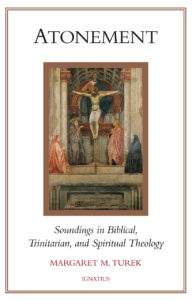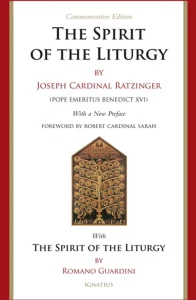Podcast: Play in new window | Download (Duration: 36:10 — 24.9MB) | Embed
Subscribe: Apple Podcasts | Spotify | Amazon Music | Android | Pandora | iHeartRadio | JioSaavn | Podchaser | Gaana | Podcast Index | Email | TuneIn | Deezer | Anghami | RSS | More

Forms of Dryness – Struggles in the Spiritual Life with Fr. Timothy Gallagher O.M.V.
Fr. Timothy Gallagher and Kris McGregor continue a 20-part series on the various Struggles in the Spiritual Life. This episode explores spiritual discouragement and forms of dryness in the spiritual life.
 You can pick up a copy of the book here:
You can pick up a copy of the book here:
An excerpt from the chapter, “A Need for Formation”:
“Paul’s father’s dryness in prayer does not arise from any fault on his part. On the contrary, he is diligent in preparing and approaches his prayer with goodwill. It derives, rather, from a lack of formation in prayer. Signs of this abound. When Paul’s father begins to pray, he chooses the Rosary because he saw his parents pray it. He knows little about the Rosary beyond its mechanics and, understandably, is easily distracted when he prays it.
Paul’s father has never read the Bible. He has no formation in Scripture and, again unsurprisingly, struggles to comprehend it. When he tries to meditate, he encounters more questions than spiritual insight. He does not understand why given Gospel passages are chosen for given days. With good intentions but unwisely, he chooses a time and place that render prayer difficult. Most likely, if Paul’s father continues to pray in this way, his prayer will be dry. Even more likely, he will not persevere.
This will change when he receives formation in prayer. Bible study will help him to understand the texts and so permit them to nourish him spiritually. Parish classes on prayer; spiritual books about meditation; resources on the web; meetings with a spiritual director, if possible; conversation with Paul, who is more experienced in prayer — all this will prepare Paul’s father to meditate fruitfully. As his schooling in prayer deepens, his meditation will no longer be dry. The Rosary, too, understood as contemplation of Jesus, will be less distracted. Formation in prayer resolves this form of dryness.
Gallagher O.M.V, Fr. Timothy ; Gallagher O.M.V, Fr. Timothy. Struggles in the Spiritual Life: Their Nature and Their Remedies (pp. 96-97). Sophia Institute Press. Kindle Edition.
An excerpt from the chapter, “Something Has Slipped”:
“In this experience of dryness, the issue is negligence regarding prayer. The solution is to reverse that negligence. We all have routines, times of day, ways of choosing material, places, and the like that we know help us to pray. When we are faithful to them, this form of dryness resolves.”
Gallagher O.M.V, Fr. Timothy ; Gallagher O.M.V, Fr. Timothy. Struggles in the Spiritual Life: Their Nature and Their Remedies (pp. 100-101). Sophia Institute Press. Kindle Edition.
To find more episodes from this series, visit the Struggles in the Spiritual Life Podcast
From the book’s description: “Here is a powerful, life-changing book that will help you understand and conquer the struggles you face in your spiritual life. It’s a book for those who love the Lord and desire holiness yet often feel adrift or stagnant in their search for spiritual growth.
All of us encounter valleys on our journey with the Lord — those periods of spiritual desolation that are a painful yet unavoidable feature of our prayer life. Spiritual desolation is as complex as we are, so understanding what is happening and responding to it properly are critical to reaching the heights of holiness.
With warmth and understanding, Fr. Gallagher carefully identifies in this book the various forms of spiritual and nonspiritual desolation and supplies the remedy for each. You’ll learn how to discern whether your struggles derive from medical or psychological conditions or whether those struggles are spiritual and permitted by the Lord for reasons of growth. In each case, you’ll be given the remedy for the struggle. You’ll also learn the forms of spiritual dryness and of the Dark Night — and how to respond to them.
In chapter after chapter, Fr. Gallagher presents a particular struggle as experienced by fictional characters and then provides the advice he gives to those who come to him for spiritual direction about that struggle. You’ll gain confidence as you journey through desolation, and you’ll learn to reject the enemy’s ploys to infect you with a sense of hopelessness.”
Did you know that Fr. Timothy Gallagher has 14 different podcast series on Discerning Hearts Catholic Podcasts?
Visit here to discover more!

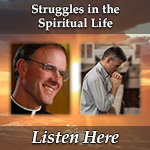

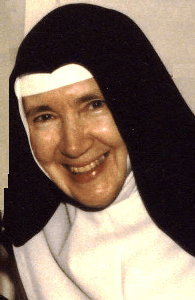
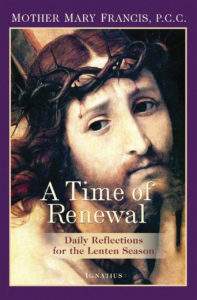


 For other audio recordings of various spiritual classics you can visit the
For other audio recordings of various spiritual classics you can visit the 
 Hadewijch of Antwerp, Teresa of Avila, Thérèse of Lisieux, Elizabeth of the Trinity, and Edith Stein are all women who have influenced the faith. Kris McGregor joins Steve and Becky Greene to discuss these extraordinary women and the second edition of Fr. Louis Bouyer’s book, Women Mystics.
Hadewijch of Antwerp, Teresa of Avila, Thérèse of Lisieux, Elizabeth of the Trinity, and Edith Stein are all women who have influenced the faith. Kris McGregor joins Steve and Becky Greene to discuss these extraordinary women and the second edition of Fr. Louis Bouyer’s book, Women Mystics.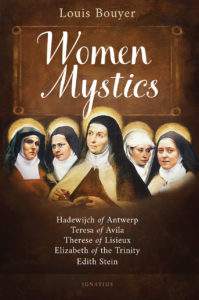 You can buy a copy of the book here.
You can buy a copy of the book here.
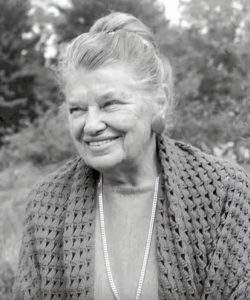
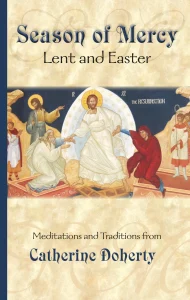 Seek God’s Will
Seek God’s Will
